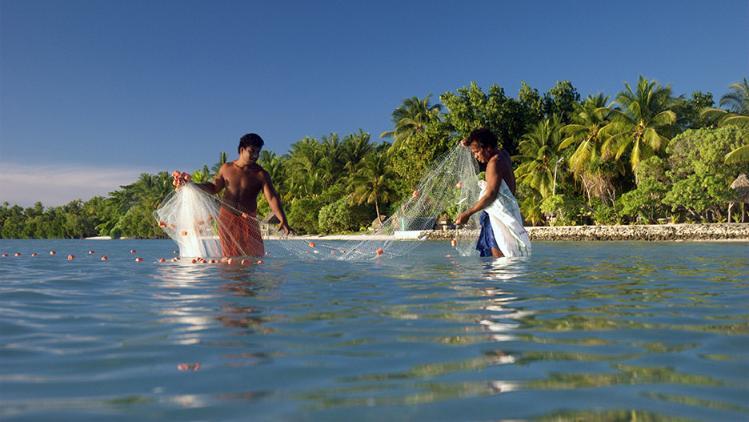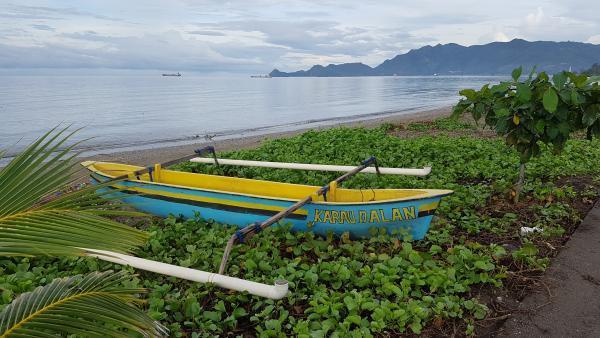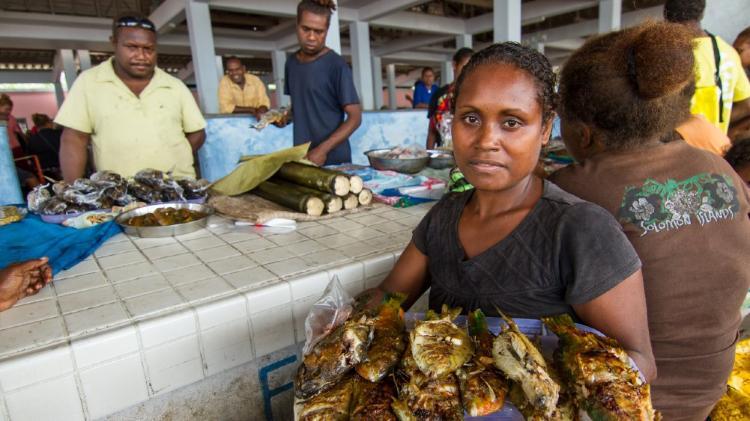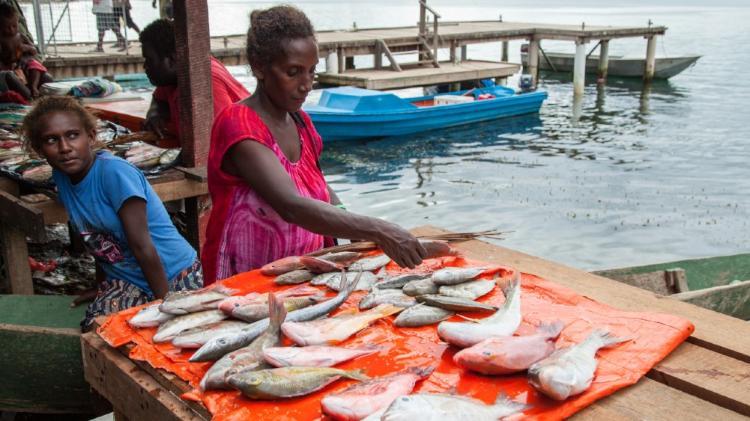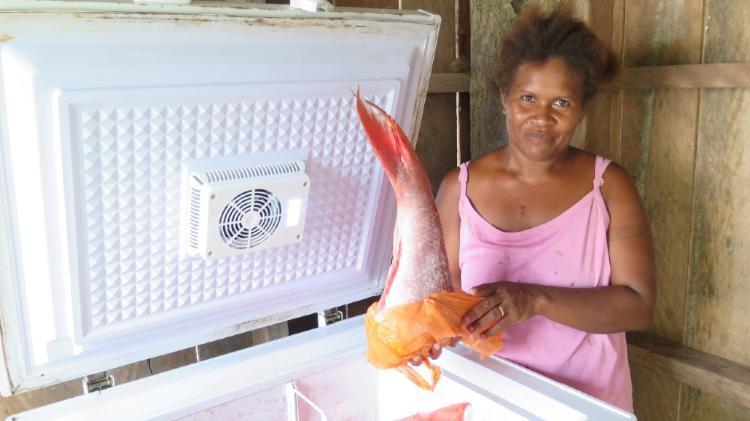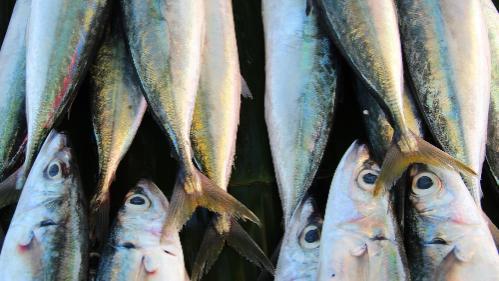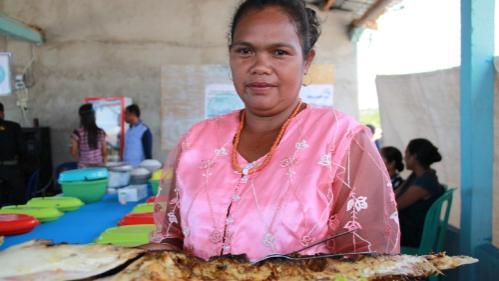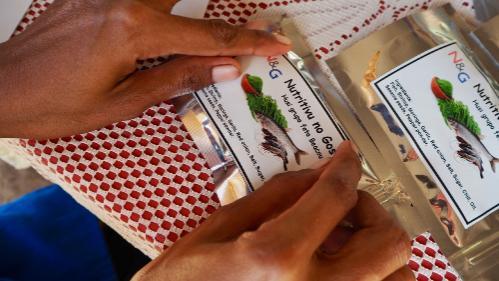There is mounting recognition that fish and other aquatic foods must play a central role in addressing many of the world’s urgent grand challenges – including poverty and malnutrition.
Fish and other aquatic foods are the backbone of island economies in the Pacific. However, while almost everyone in the Pacific eats fish regularly, most do not fish. Fish is caught, distributed and acquired by consumers through purchase, gifting or bartering. This system of producing and distributing aquatic foods connects remote sources of supply with urban areas of demand and generates indispensable value, both in the form of fish-based livelihoods for the many people involved, and for food and nutrition security in island populations. During times of hardship and disruption (such as the on-going COVID-19 pandemic or natural disasters) fish and fish-based livelihoods play an important role in the resilience of community economies.
Understanding existing distribution practices and the contribution aquatic foods makes to rural livelihoods is necessary to identify both the opportunities and the challenges that exist to finding innovative solutions for enhanced distribution and livelihoods. Despite widespread investments and planning, rural women still feel that their fish-based livelihood practices are ignored. Inadequate attention has also been given to the gendered dimension of fish distribution networks, or to the social and cultural dynamics of fish-based livelihoods. Women’s participation in small-scale fisheries as catchers, sellers and processors is increasingly understood and highlighted. A significant portion of our work in this area is about generating guidance for how fisheries development initiatives can better integrate with and enable women’s and men’s rural economic activities.
Research has an important role to play in identifying and piloting innovation and assessing strategies that support the uptake of new skills and technologies, practical application of policies, and estimates of potential production. This area of work contributes to building the knowledge base that fisheries development in the region needs to design programs that will more effectively improve poverty, health, and food and nutrition security measures.
